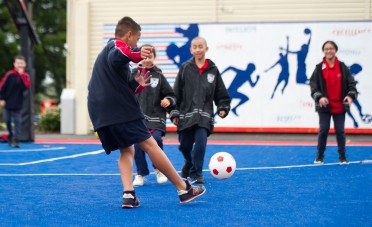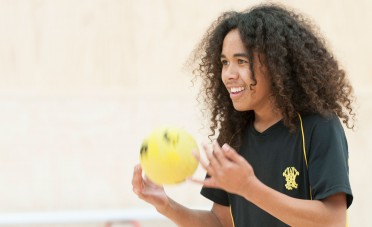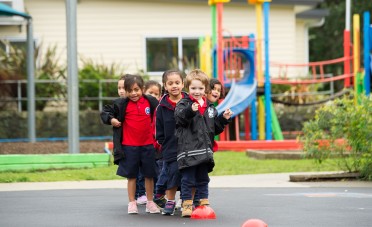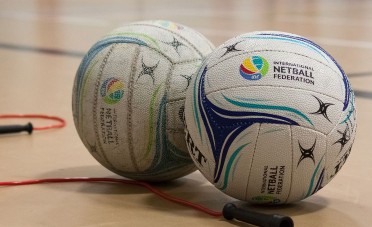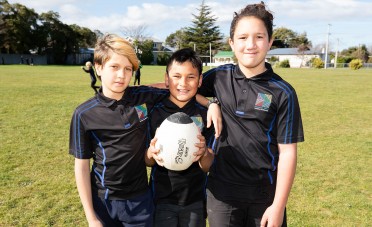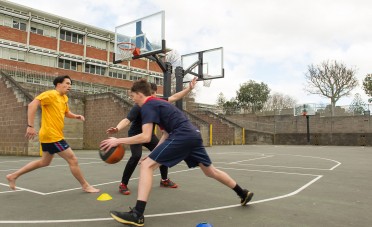Rugby in the media
Learn about sport and the media through rugby.
Sport studies — Resource collection
This resource is part of the Sport studies resource collection.

Context
Learning about sport and the media through rugby.
Unit aim
To explore ākonga perceptions about sport and sporting role models as portrayed in the media.
General overview
In this unit ākonga consider the social and cultural practices that surround rugby, and the media influences that support these social and cultural practices. Ākonga devise a modified game that considers ākonga perceptions of rugby and any possible barriers to participation in rugby.
Key area(s) of learning
Sport studies, mental health, physical activity
Underlying concepts
This unit will enable ākonga to recognise the need for mutual care and shared responsibility between themselves, other people, and society (socio-ecological perspective), and develop a responsible and positive attitude towards wellbeing by valuing themselves and other people (attitudes and values).
| AO | Learning Outcome | Learning experiences | Assessment opportunities |
|---|---|---|---|
| 3D1 | Identify how participation and performance in rugby is influenced by media portrayals of sport and sportspeople. |
Use wall of fame and wall of shame activity to explore media messages. Relate media messages to ākonga feelings, beliefs, and actions about sport. Discuss media messages about rugby and their influence, for example, restricting people from or attracting people to rugby as a sport. |
Ākonga in pairs or as a team brainstorm and justify a position on the wall of fame and wall of shame activity. |
| 4D3/4 | Explore the attitudes, values and roles surrounding a team competition.Describe and demonstrate assertive strategies for dealing with conflict situations. | Ākonga share their feelings about playing rugby. Ākonga modify the game of rugby to reduce barriers to participation. Ākonga devise a team treaty and accept responsibility to keep to the treaty. |
Ākonga can peer and/or self assess their individual ability to keep to the treaty. |
